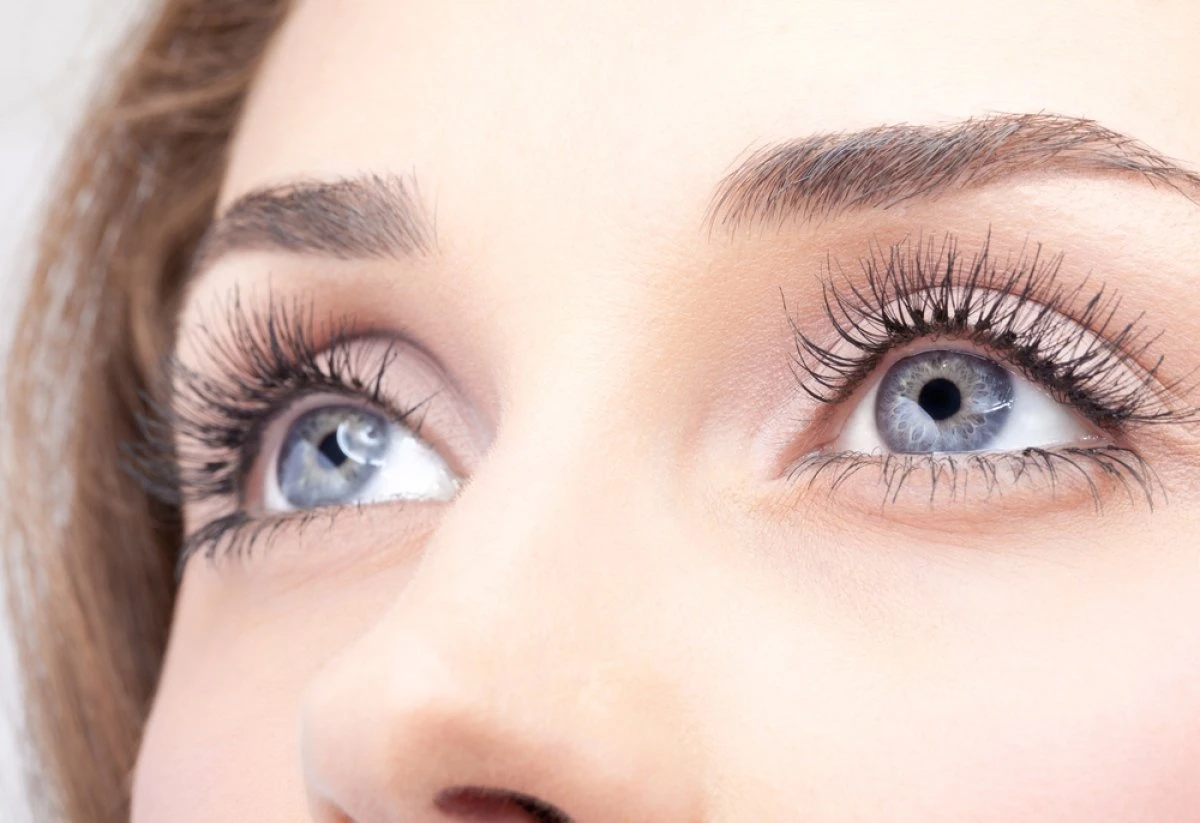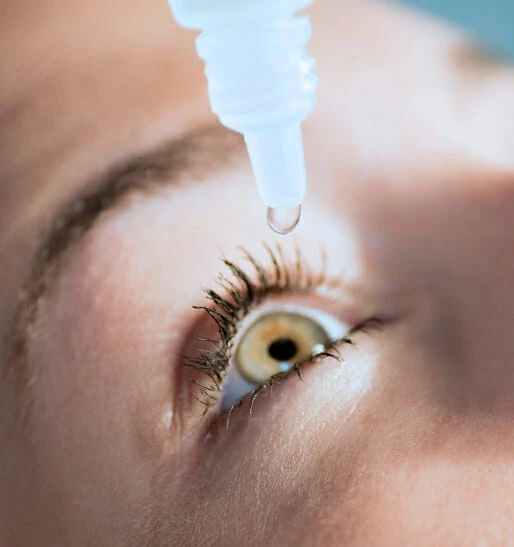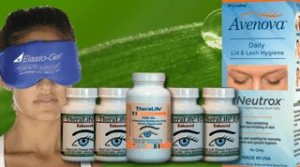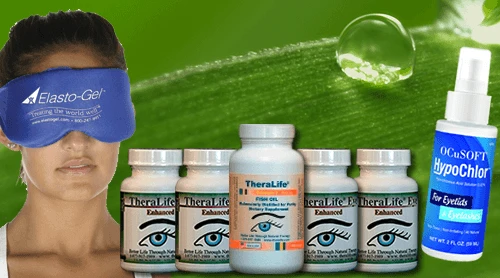There are many causes of itchy eyes, and the problem often is accompanied by itchy eyelids — especially at the base of the eyelashes — and red eyes or swollen eyelids . The medical term for itchy eyes is ocular pruritus (“proo-RIE-tus”).
Itchy eyes are an issue that affects people and are an excellent reason to visit an ophthalmologist. The condition is due to allergies or infections and is very common in children. It is important to know what is causing this itchy eyes.
We investigate when patients need treatment and whether the diagnosis is correct. Several conditions are known to cause itchy eyes. Symptoms may include atopickeratoconjunctivitis – inflammation of the conjunctival membrane that cover the retina.
Itchy Eyes in Denver
Itchy eyes can often be a sign of larger problems such as allergies, and it affects many people.
Denver being at a high altitude has drier air, which makes dry eyes worse, which maybe the root cause of itchy eyes.
Symptoms of itchy eyes
Symptoms of itchy eyes include: Burning Clear, watery discharge Redness Sneezing Runny nose Green or yellow pus.
Causes of Itchy Eyes
Irritants—like smoke, chlorine, sand, or dirt—can also cause itchy eyes. If this is the case, symptoms will be temporary and subside once your eyes are no longer in contact with the irritant.
Eye allergies, whether seasonal or year-round, are often the cause of itchy eyes. These allergies can be triggered by pollen or pet dander. Irritants like dust and smoke, or products such as lotions, makeup or contact lens solutions can also cause symptoms similar to those of eye allergies.
Allergies and Itchy Eyes
Do you have seasonal allergies?
There are a few reasons why seasonal allergies can cause itchy eyes. One is that allergens like pollen can directly enter your eyes, making them uncomfortable, says Vivian Shibayama, OD, an optometrist at UCLA Health. And, if you’re struggling with allergy issues like sneezing and a runny nose, odds are you’re also dealing with watery, itchy.
A conjunctivitis occurs when the eyes are sensitive to irritants. Allergy is generally a reactive reaction by immune systems to a wide range of airborne and infected particles. Some people with allergies can’t detect the possible allergens and their bodies go overboard. When pollen or pet allergens enter the eyes of an allergic person, the immune system identifies the intruder as a dangerous occurrence and the eyes release chemicals to protect them against toxins.
Other causes of itchy eyes
Some medications are known to cause eye irritation and sometimes dry eye. Dry eye syndrome is caused by the inflammatory process in the skin causing itchy eyes. It can be caused by other environmental conditions or medical conditions such as:
Pink Eye
When the eyes get red because of an allergy, it is known as allergic conjunctivitis (also called pink eye or red eye). Allergic conjunctivitis is more common at certain times of the year, although you can still have it all year round.
Contact Lenses and itchy eyes
If you wear contact lenses, it’s important to change them as often as prescribed. Allergens as well as bacterial products can stick to soft lenses. Keep your eyes lubricated often with artificial tears. Make sure to rub your contact lenses during cleaning every night. Wash the case and change the solution inside every day. Do not “top off” with solution. Start with a clean case and clean solution every time you remove your contact lenses.
Clean it with contact lens solution, then leave the empty case open to air dry. As a rule, replace it once every three months, or immediately if it’s cracked or damaged, per the AAO . Taking a break from your contacts when your eyes feel off—and making sure they’re well cleaned before you use them again—should help.
Talk to your eye doctor about the best way to disinfect and clean them.
How are itchy eyes treated?
An allergist can conduct an allergy test to determine the specific allergens that are causing you discomfort.
For many people, the warmth and beauty of spring are accompanied by irritated, burning and, sometimes, swollen eyes and eyelids. These symptoms, often attributed to allergy season, can be caused by other factors in the environment. If you are one of the many who suffer from itchy eyes, understanding the cause is the key to treatment and relief.
You should visit your eye care provider for a diagnosis. It is possible to treat allergy with antihistamines or eye drops to combat the inflammation. You should use eye drops that can be used to lubricate dry eyes so as not to spread allergens. Occasionally, prescription drugs may be needed. Immediately after touching something on your eye, rinse it off with hot water or salted water. If it isn’t working, you can go to the eye doctor within a day.
Some medications also may help you become less prone to attacks of itchy eyes in the future, especially if symptoms are due to seasonal allergies. Applying a clean, cold, damp washcloth over your closed eyes also may help alleviate the severity of itchy eyes. The most effective itchy eye treatments are those that directly address the cause.
Treat Your Allergies- itchy eyes
If you have itchy eyes or a sensitive skin condition it’s advisable to contact a professional eye doctor who can diagnose the problem and determine the appropriate remedy for it. The allergy is very difficult to treat unless one can identify underlying causes of the allergy.
We begin testing allergy symptoms with a diagnostic test that determines your triggers. With this info, we are able to offer many different individual treatment choices.
Anti-allergy Eyedrops or Oral Medications.
For many people, allergy relief eyedrops, or oral medications that contain antihistamines or mast cell stabilizers, can ease symptoms. These can be obtained over-the-counter or your doctor can prescribe them.
Anti Inflammatory Eye Drops for itchy eyes
Antihistamine eyedrops inhibit the growth of histamines in the eyes, helping reduce irritation. This liquid does not absorb into your body, so the symptoms won’t become fatigued. The drop may cause irritation in the lining of the eye if your skin has itchy eyelashes and a few of these drops will dry.
Allergy Immunotherapy. A treatment called sublingual immunotherapy involves daily administration of allergy drops at home. You are treated with the allergens you are sensitized to, and over time, become more tolerant of those allergens. If these treatments do not help, a visit to your eye doctor can help determine if something else is the cause of your allergies.
Do NOT Rub Your itchy Eyes
You should avoid rubbing and tingling your face if you are suffering discomfort. If your eyes rub too deeply, it can be incredibly damaging. It may be necessary for the rubbed cornea to be scratched and may lead to severe problems.
Rubbing releases more histamines that make the itching worse. It’s also possible to cause a corneal abrasion by rubbing your eyes too vigorously. Eye rubbing also can introduce bacteria to your eyes that can lead to an eye infection.
Artificial Tears.
Frequent use of chilled over-the-counter, lubricating eye drops can relieve symptoms.





